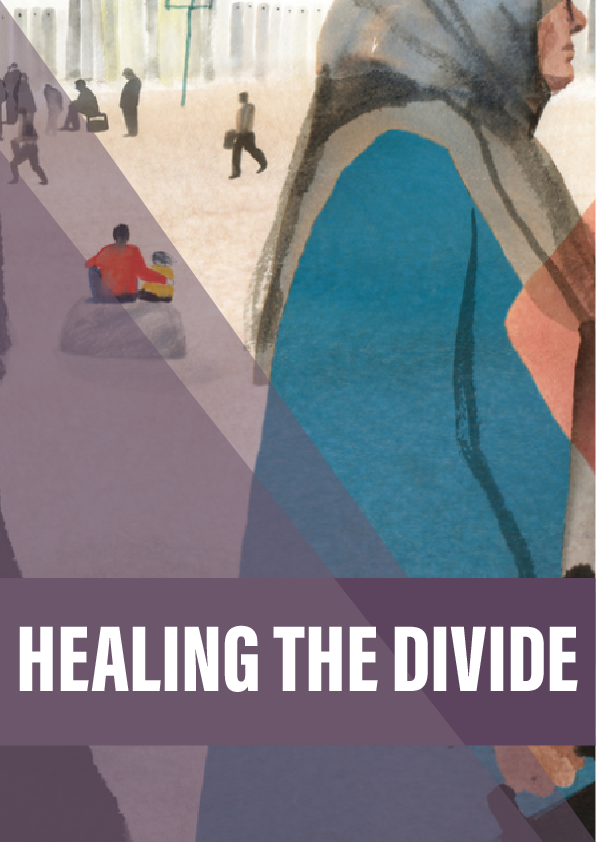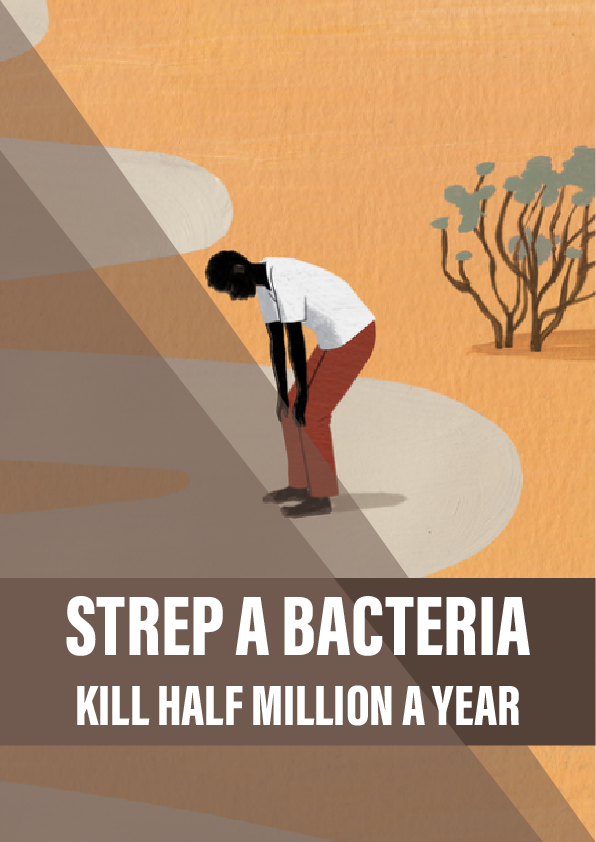I might never have met Rob if it hadn’t been for his disease. At university he could be a very hard man to find between lectures, orchestra rehearsals, choir, trampolining – his enthusiasm for life would rival that of three people. But Rob does a lot of what he does because it literally helps him survive.
“When he was born I thought, right, I’ll do everything and anything in my power to give him the best chance,” says his mother, Alison. Doctors told her exercise was crucial – and the earlier the better. “We started him swimming as soon as he had had his vaccinations at four months – he went every week. We’d chuck him up and down in the air and throw him around to mimic a trampoline. He trampolined every week from the age of two until he was 16. He was going to learn the trumpet but the hospital said woodwind would be better, so he went straight onto the saxophone at about eight years old.”
The trumpet was my instrument, and I got to know Rob playing in the same student soul band. He was the boy with an infectious laugh who shared my enthusiasm for Motown, not the boy-who-has-a-genetic-disease. The only outward indication of his condition still happens at meal times, when he subtly pulls out a medicine jar and, with a skill that comes from decades of practice, swiftly swallows a handful of pills in a single gulp.
These capsules contain the digestive enzymes Rob needs to process food properly. They are only a hint at the burdensome and repetitive regime he follows every day. But they are also a symbol of how continual improvements in medication and treatment throughout Rob’s life have made it easier to live with his condition – and hugely increased his life expectancy.
Reference:











